Features of the plywood panel
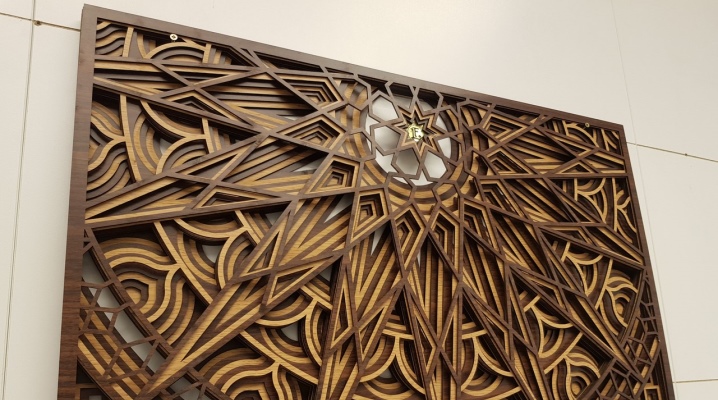
Plywood - simple and affordable material used for repair. However, few people know that plywood makes amazing panels worthy of the most luxurious interiors.
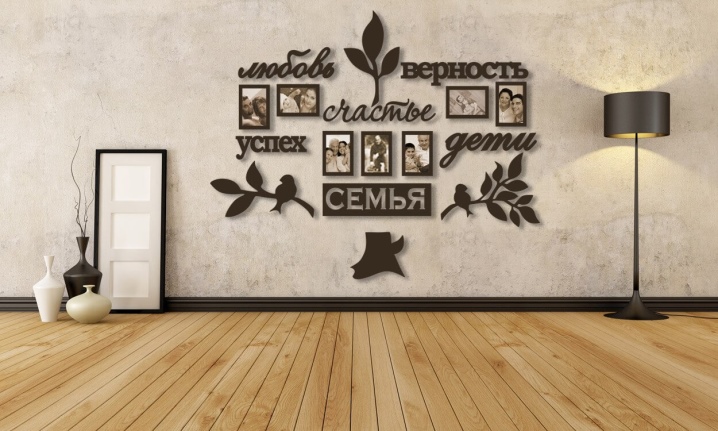
Views
A panel made of plywood is not inferior in aesthetic characteristics to wood, however, there are still differences.
Plywood consists of several veneer layers glued together so that the fibers in adjacent layers are perpendicular to each other.
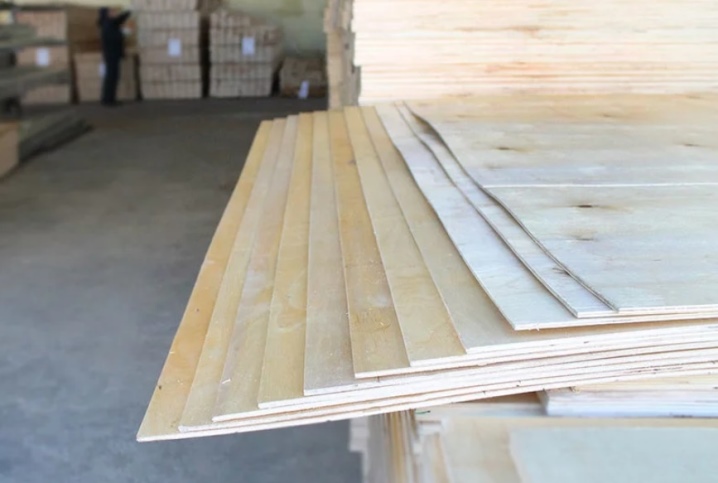
This is its main difference, which favorably distinguishes it from wood - the material does not dry out, does not crack and does not dry out. At the same time, one cannot say about the high environmental friendliness of the material, since they are used for gluing phenolic or urea formaldehyde adhesives... Such paintings are recommended to be placed in spacious rooms away from sleeping places.
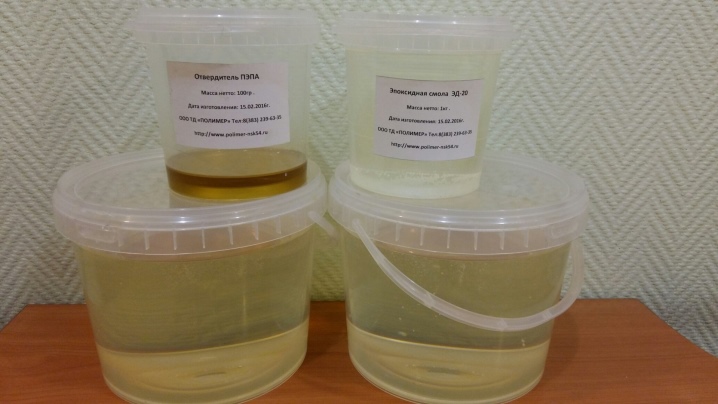
The plywood product on the wall can be:
- carved;
- multilayer;
- multilayer, backlit;
- made using decoupage technique.
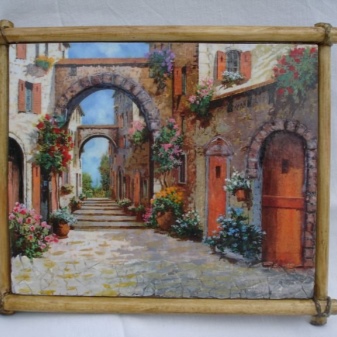
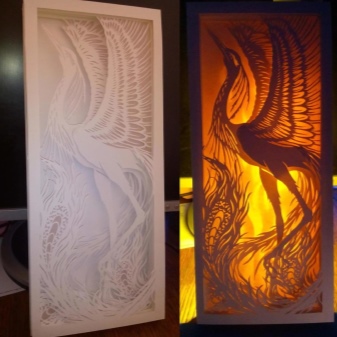
Carved product is a single sheet of plywood with cutouts. The panel is complemented by an underlay that sets off the drawing. Multilayer work consists of several layers of plywood, cut and combined into one volumetric image. A large number of sheets, skillfully cut with a jigsaw, is already an elegant creation, however, supplemented by illumination, it is even more transformed. A kind of night light, shrouded in warm and soft light, is able to complement the home space.
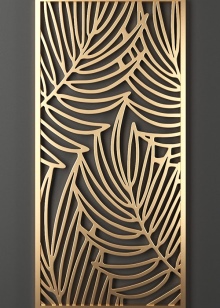
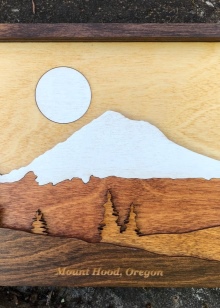
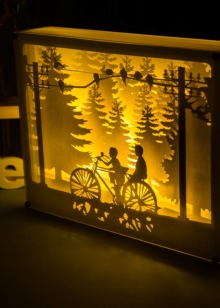
What is required?
To make your own creation, you need a desire and a future sketch... The drawing must be redrawn in its original size and measured. Thanks to such a blank, it is easy to find plywood in large supermarkets and cut it according to measurements. Plywood is sold in sheets of about 150x150 cm and on a larger scale. On sale most often it is found from coniferous wood and birch, polished and unpolished, of different thicknesses.
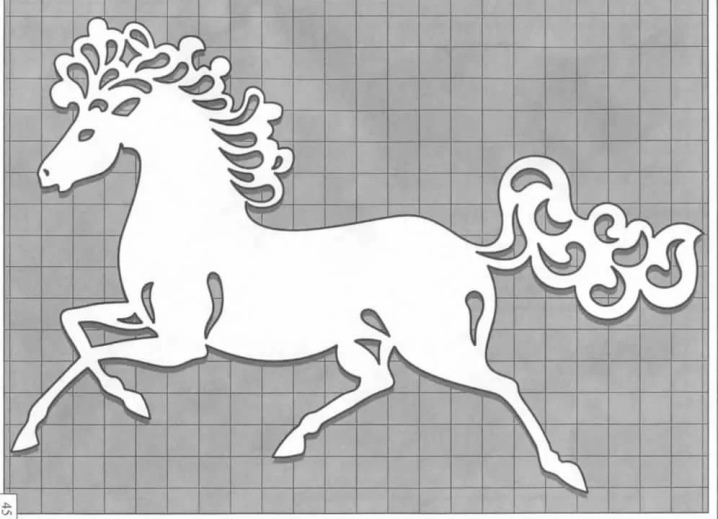
It is important to remember that for high-quality crafts, you will need first or second class material with a minimum number of defects.
Sanded and smooth, plywood will be a good foundation for future creations. Note that blanks can also be found in creative stores, however, the size of the product will be limited.
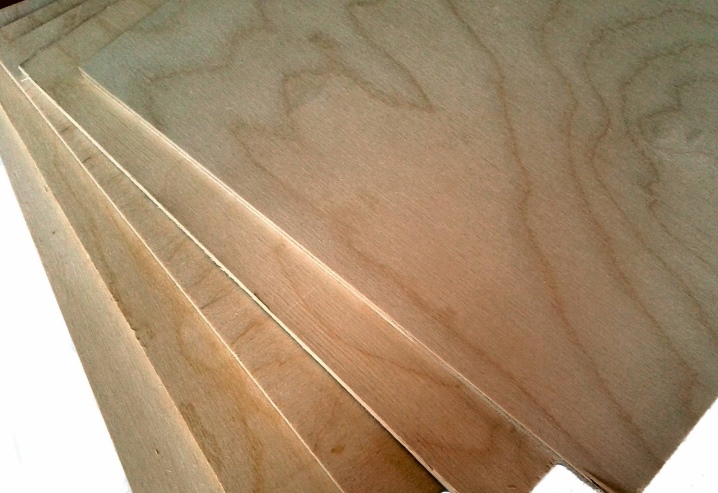
Plywood thickness - one of the important moments of a successful panel. Large paintings made of thin material can deform under the influence of water from paints, primers and varnishes. For a picture no more than 30 cm in size, a plywood thickness of 4-5 mm is suitable, from 30 cm - 6 mm, more than 50 cm - 8 and more mm. Large panels, even with a high material thickness, must be reinforced with strips located perpendicular to each other.
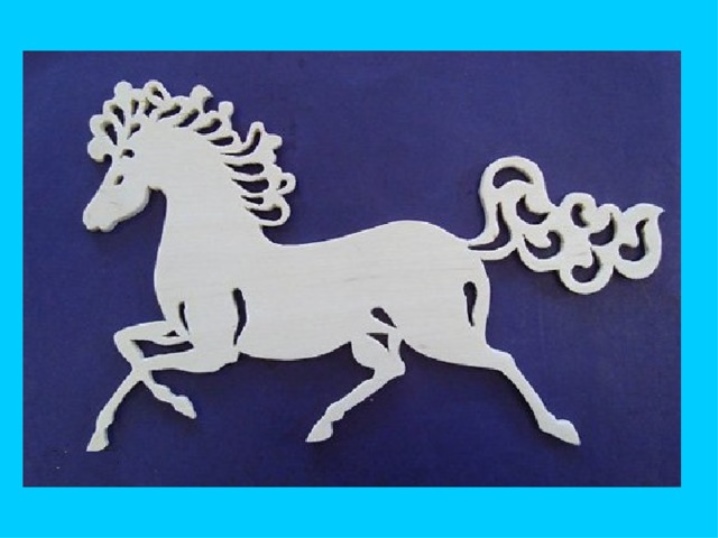
In addition to the basics, you will need:
- manual or electric jigsaw;
- glue titanium and PVA;
- pencil;
- ruler;
- drawing;
- slats for strengthening a large product.
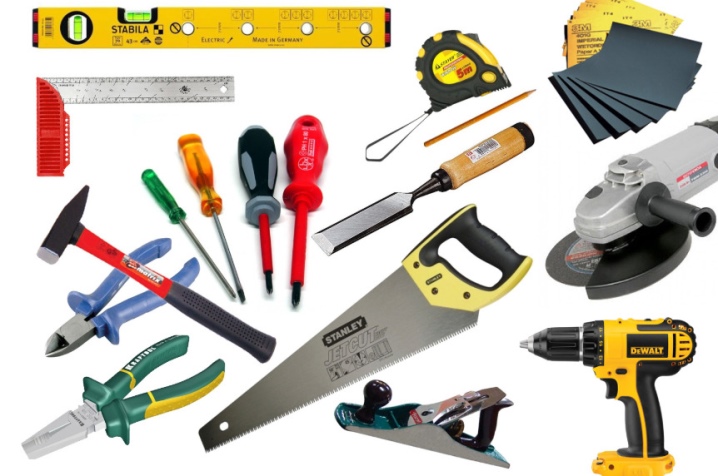
How to do it yourself?
For making a multi-layer creation with your own hands you will need several sheets of plywood. In work, you can use ultra-light plywood made from tropical wood, thereby reducing the weight of the finished product. With your jigsaw, pencils and glue ready, you can get to work.
It is also possible to use plywood of various shades to achieve the effect of image distance in the picture.
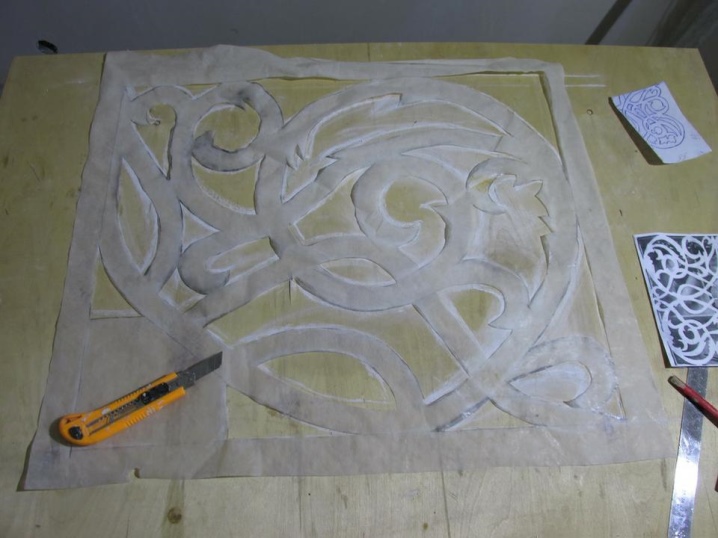
The algorithm for creating a panel is as follows.
1. Draw the main desired plot on the tracing-paper drawing.
2. We finish the rest of the drawings in accordance with the dimensions of the first one.They will include details that we plan to make three-dimensional.
3. Redraw the drawing on the first sheet.
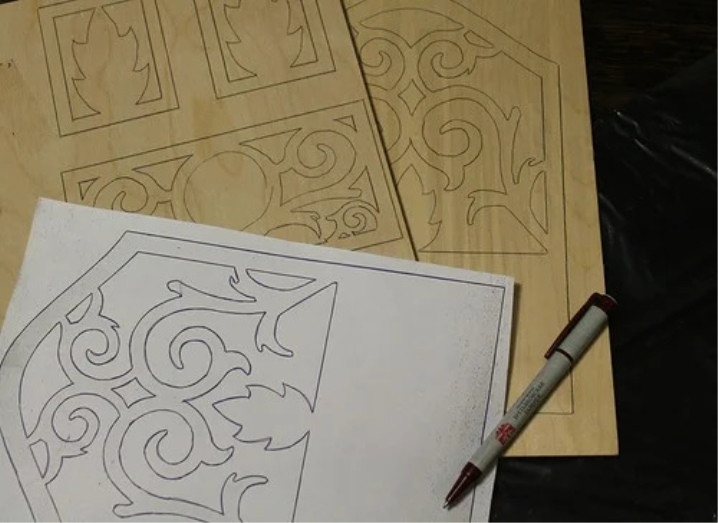
4. Carefully cut out the plot with a jigsaw.
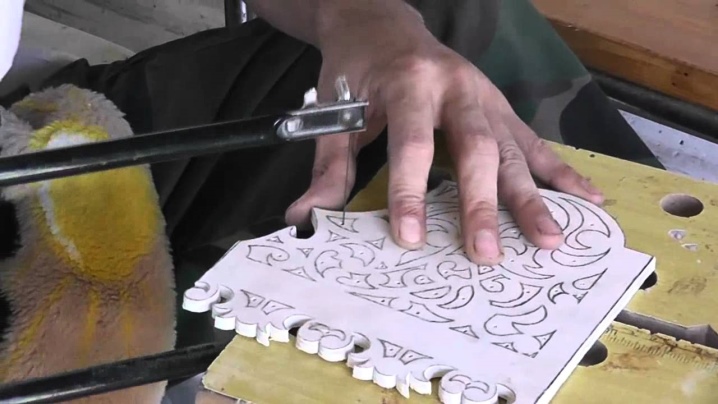
5. Transfer the next image to the second sheet.
6. Cut out with a jigsaw.
7. We repeat the steps for each subsequent sheet.
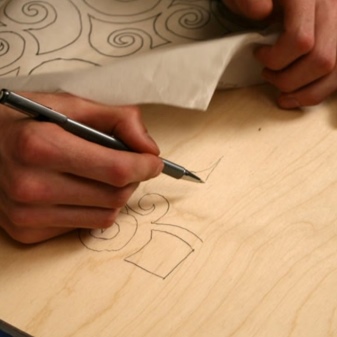
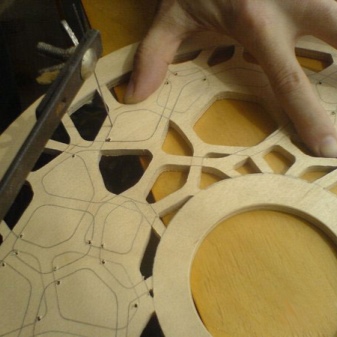
8. We cover the finished elements with varnish or paints, depending on the nature of the panel.
9. Put the sheets on top of each other and glue them together using Titan glue. For products that are planned to be placed at home, it is recommended to use natural glue.
10. Dry the finished product.
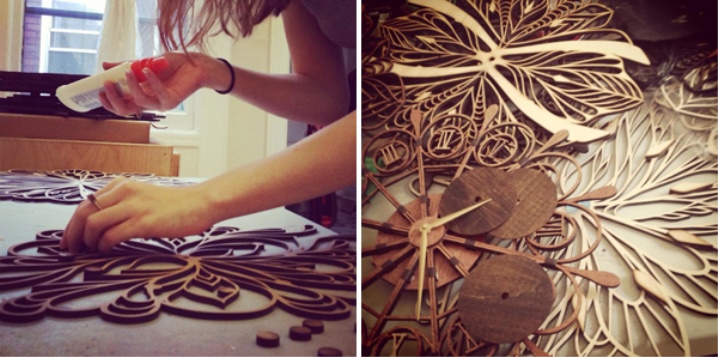
Stylish volumetric panel is ready for its main role - decoration and complement of the interior.
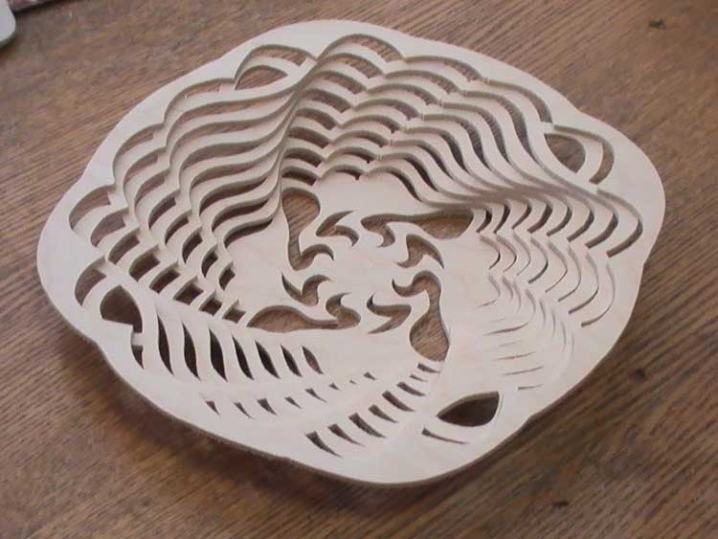
Where to place?
As mentioned earlier, plywood consists of several layers of veneer glued together, and therefore place the product in the bedroom at the head of the bed is highly discouraged. The ideal solution here can be the location of the picture in the living room, hallway or kitchen, as well as in those rooms where the areas are well ventilated. Plywood products delight with their texture and noble appearance. In rare cases, they can be organic neighbors to some paintings and photographs.
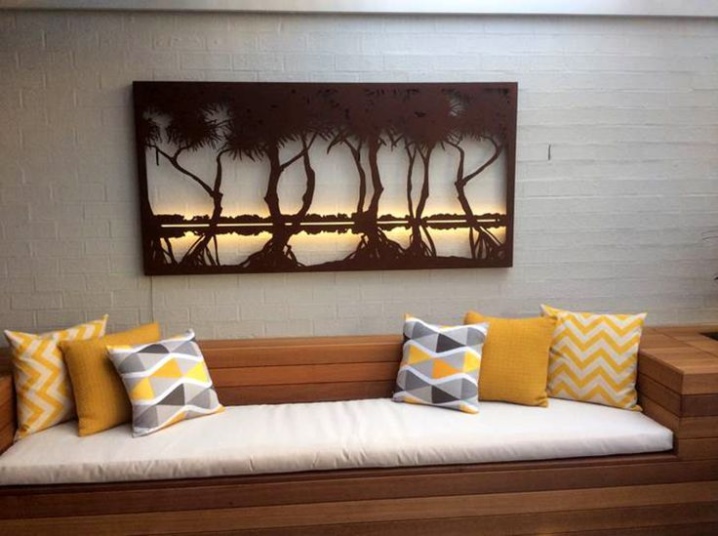
For such work, designers are advised to define a separate zone, thereby not loading the interior space.
Small panels created for small spaces, while large ones can diversify a spacious home. In other cases, large products overload small spaces, and small ones get lost on a large and empty wall.
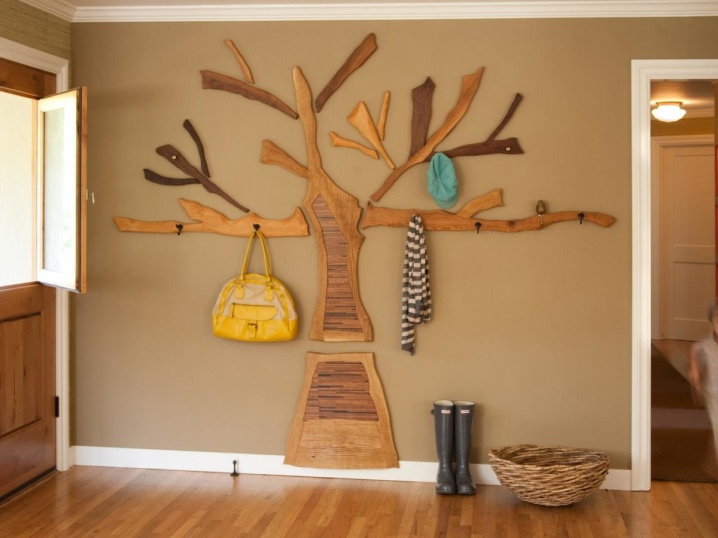
Beautiful examples
Romantic layered product able to decorate a home in which love and romance live. Additionally, the panel is decorated with details using the burning technique.
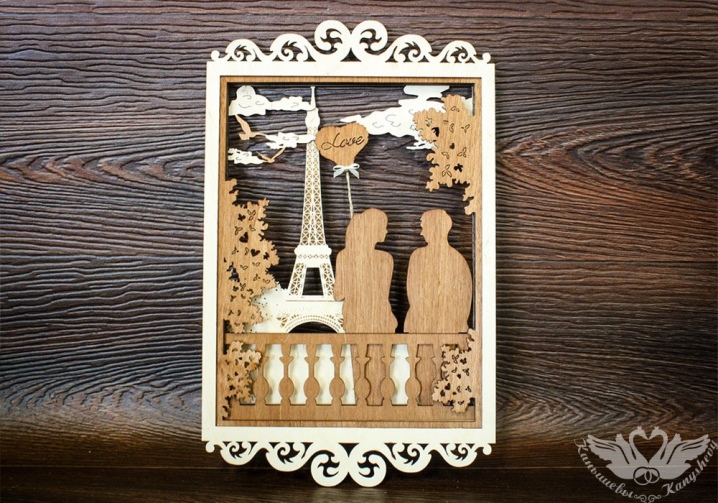
Amazing carved panels with the smallest details - a worthy choice for an Art Nouveau interior.
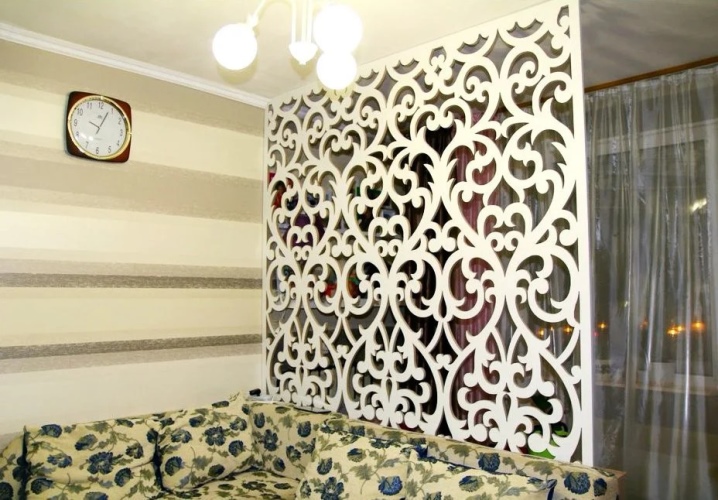
Small forest sketch looks cozy and home-like thanks to volumetric details of a natural shade, complemented by burning.
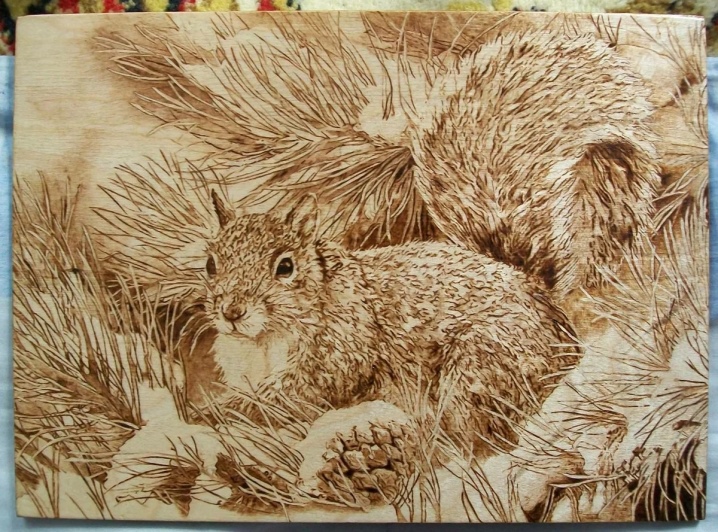
Stylish module consisting of several parts, pleases with natural shades and the smallest elements.
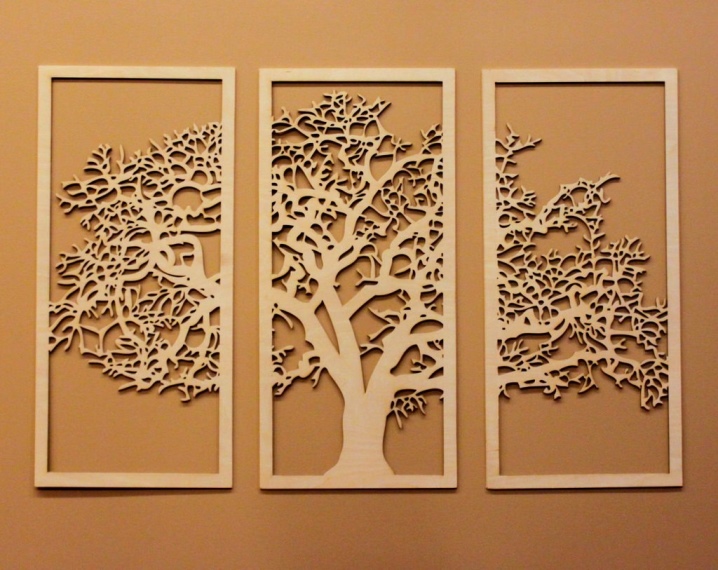
Below is a video tutorial on making a small panel from plywood.













The comment was sent successfully.